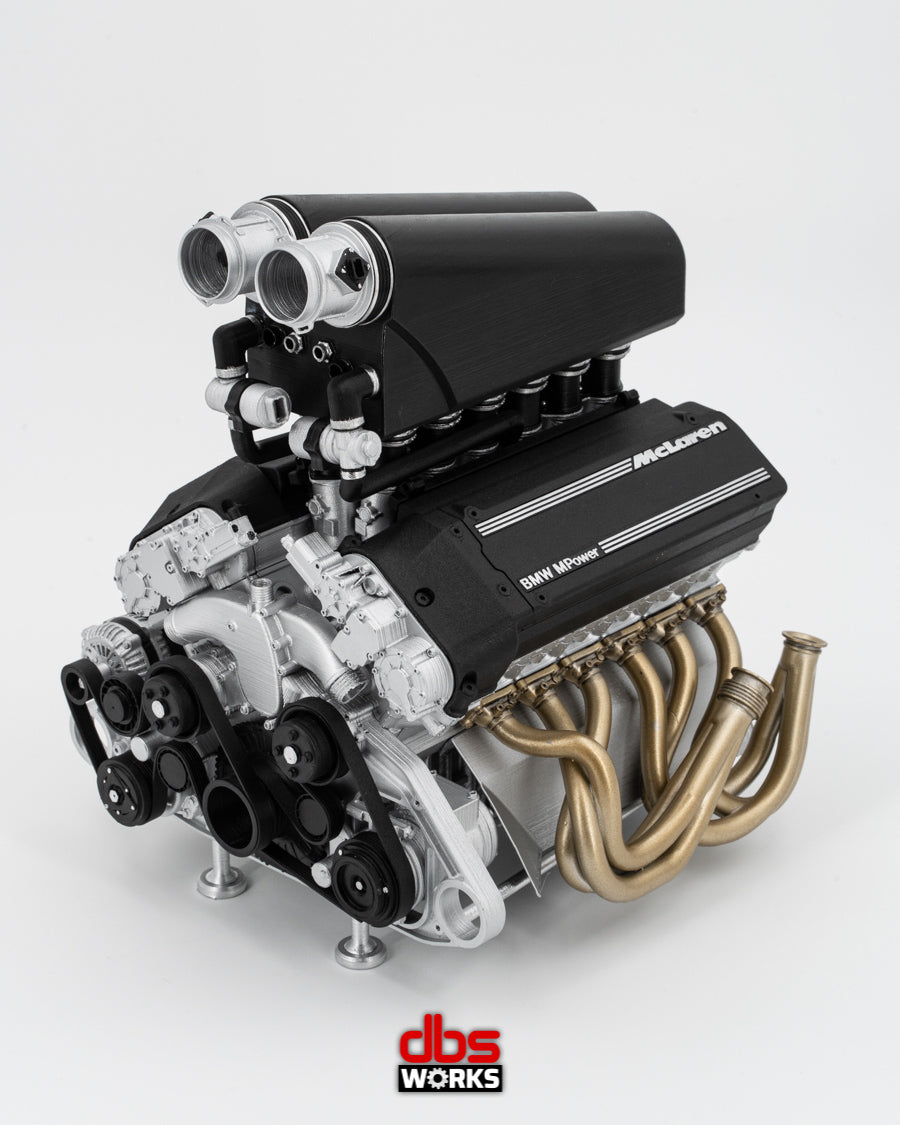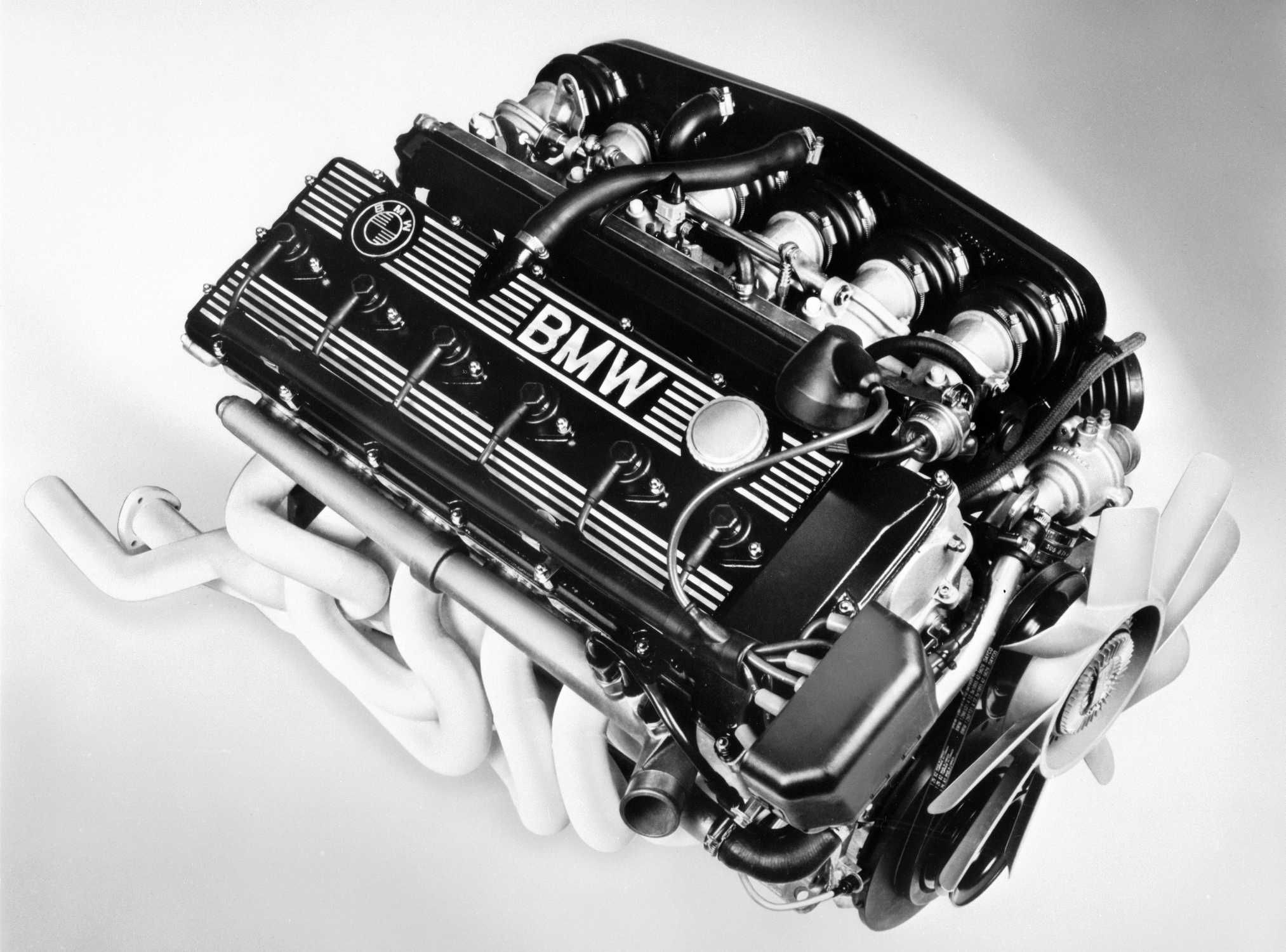Typical Problems Dealt With by BMW Engine Owners and Exactly How to Fix Them
Typical Problems Dealt With by BMW Engine Owners and Exactly How to Fix Them
Blog Article
Unveiling the Intricacies of Next-Generation Power Units: a Deep Dive Into Advanced Engine Designs and Developments
In the world of vehicle design, the ruthless quest of sustainability, efficiency, and efficiency has pushed the development of power systems to unprecedented heights. As we depend on the precipice of a brand-new age in transportation, the complexities of next-generation engine designs bid us to check out the advanced technologies and innovations that assure to redefine the driving experience. From sophisticated materials that press the limits of toughness and weight reduction to sophisticated turbocharging and turbo charging systems that raise power output to brand-new levels, each component of these power systems holds an essential to opening the future of vehicle engineering. Diving deeper into the worlds of emission control, smart engine administration systems, and the horizon of power system development, we locate ourselves on the cusp of an improvement that promises to improve the landscape of movement as we recognize it.
Development of Engine Materials

The change in the direction of progressed engine materials has likewise allowed designers to make engines with higher power outputs while maintaining fuel effectiveness requirements. The use of lightweight materials decreases the total weight of the engine, leading to boosted gas economy and lower discharges. Additionally, advancements in materials technology have allowed for far better thermal monitoring within engines, resulting in enhanced reliability and longevity.
Turbocharging and Supercharging Technologies
Exactly How do Turbocharging and Supercharging Technologies revolutionize engine efficiency and effectiveness in modern vehicles? Supercharging and turbocharging are technologies that dramatically improve engine performance by raising the amount of air consumption into the combustion chamber. Turbocharging accomplishes this by utilizing a generator driven by exhaust gases to pressurize the intake air, while turbo charging utilizes a belt- or chain-driven compressor to attain the exact same effect.
These innovations enable smaller sized, more fuel-efficient engines to generate power equivalent to bigger ones, called downsizing. Forcibly more air right into the cyndrical tubes, turbocharging and supercharging enhance burning efficiency, leading to increased horsepower and torque result without a significant boost in engine size. This results in far better acceleration, pulling ability, and overall driving efficiency.
In addition, turbocharging and supercharging add to improved fuel performance by allowing the use of smaller sized engines that take in much less fuel under typical driving problems - bmw engine. This mix of enhanced performance and effectiveness has actually made turbocharging and turbo charging integral elements of lots of modern-day engine designs
Emission Control and Environmental Effect
With boosting international concerns concerning air high quality and ecological sustainability, the execution of exhaust control innovations in cars plays a critical role click to find out more in decreasing dangerous toxins launched right into the ambience. Modern vehicles are equipped with sophisticated emission control systems that help reduce the environmental impact of automobile operations. Catalytic converters, for example, are developed to convert toxic gases such as carbon monoxide, nitrogen oxides, and hydrocarbons into much less harmful substances like co2 and water vapor.
In addition, innovations in engine modern technology, such as the assimilation of exhaust gas recirculation systems and discerning catalytic decrease, have significantly added to decreasing exhausts. These modern technologies operate in tandem to enhance combustion performance and decrease the launch of damaging pollutants right into the air. In addition, the advancement of hybrid and electrical automobiles represents an essential action in the direction of decreasing the overall ecological footprint of the transportation field.
Intelligent Engine Administration Systems

Moreover, these systems allow automobiles to meet rigorous discharges standards without jeopardizing performance, supplying a more eco-friendly driving experience. The assimilation of expert system and device understanding capabilities in engine monitoring systems continues to press the borders of what is possible, bring about further enhancements in performance, reliability, and general vehicle performance. bmw engine. As vehicle technology advancements, smart engine management systems will play a critical role in shaping the future of transport in the direction of a more reliable and sustainable direction
Future Trends in Power System Growth
As smart engine monitoring systems lead the means for boosted control and optimization in contemporary automobiles, future patterns in power system development are poised to redefine the landscape of automotive propulsion modern technologies. These different power resources use enhanced efficiency and performance while straightening with rigorous ecological regulations.
An additional significant pattern is the assimilation of advanced products and manufacturing strategies. Light-weight products such as carbon fiber and aluminum are being utilized to reduce total automobile weight, improving fuel performance and efficiency. Additionally, advancements in 3D printing and additive production are allowing the production of intricate engine components with greater precision and resilience.
Furthermore, expert system and maker knowing are playing an essential duty in enhancing power device performance. These modern technologies enable for real-time monitoring and flexible control, leading to a lot more trustworthy and efficient power shipment. Overall, future patterns in power device development are tailored in the direction of sustainability, effectiveness, and efficiency, driving the vehicle sector towards a new period of propulsion technologies.

Conclusion
Finally, the improvements in engine products, turbocharging, discharge control, and smart management systems have actually paved the method for next-generation power units. These advancements have not just enhanced efficiency and efficiency however additionally decreased ecological impact. As innovation remains to develop, future patterns in power device development are most likely to concentrate on further improving sustainability and maximizing power output. The elaborate layouts and innovations in contemporary engines display the continuous advancement of automotive innovation.
Exploring the progressive developments in engine products has actually been essential in boosting the efficiency and performance of modern-day engines. Over the years, the advancement of engine products has actually played a crucial role in pushing the boundaries of what click here to find out more engines can achieve.The shift towards progressed engine products has actually additionally made it possible for designers to create engines with greater power outcomes while preserving fuel efficiency standards.The implementation of intelligent engine monitoring systems in modern-day lorries has actually reinvented the method engines are managed and optimized for efficiency and performance. By gathering data in real-time and evaluating it with sophisticated formulas, smart engine administration systems can adapt to driving designs, ecological aspects, and engine health and wellness to take full advantage of power result while decreasing fuel consumption and exhausts.
Report this page